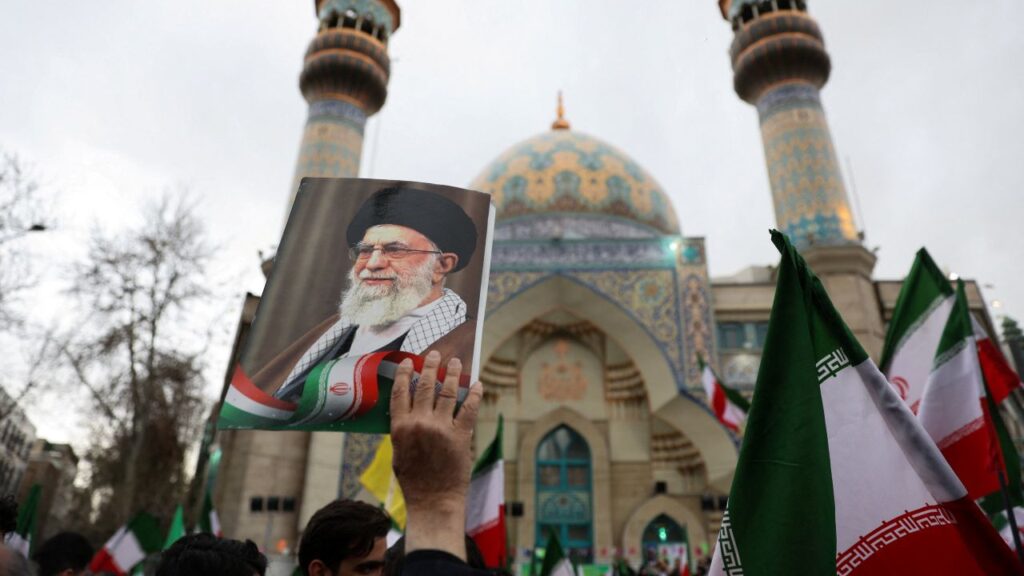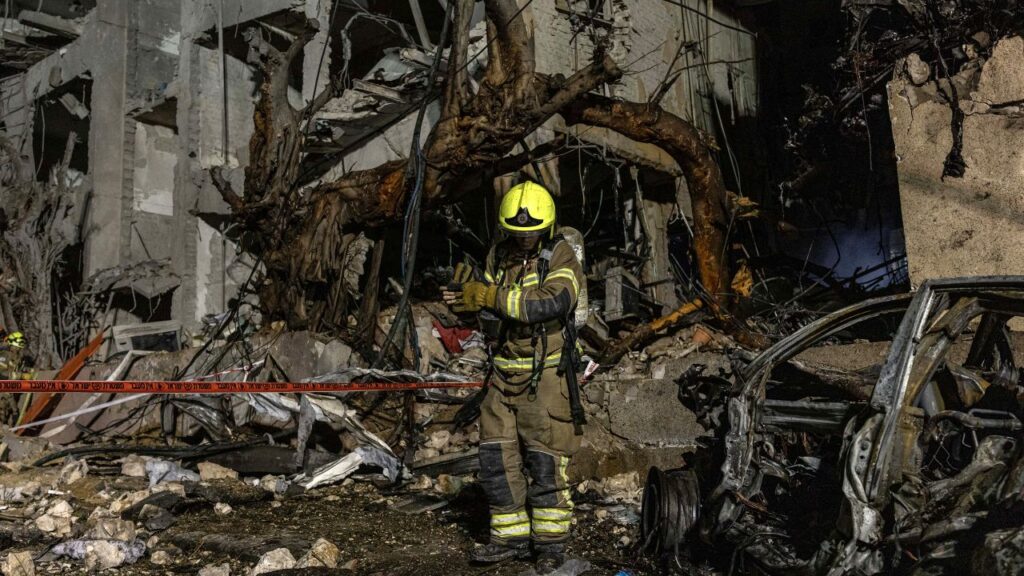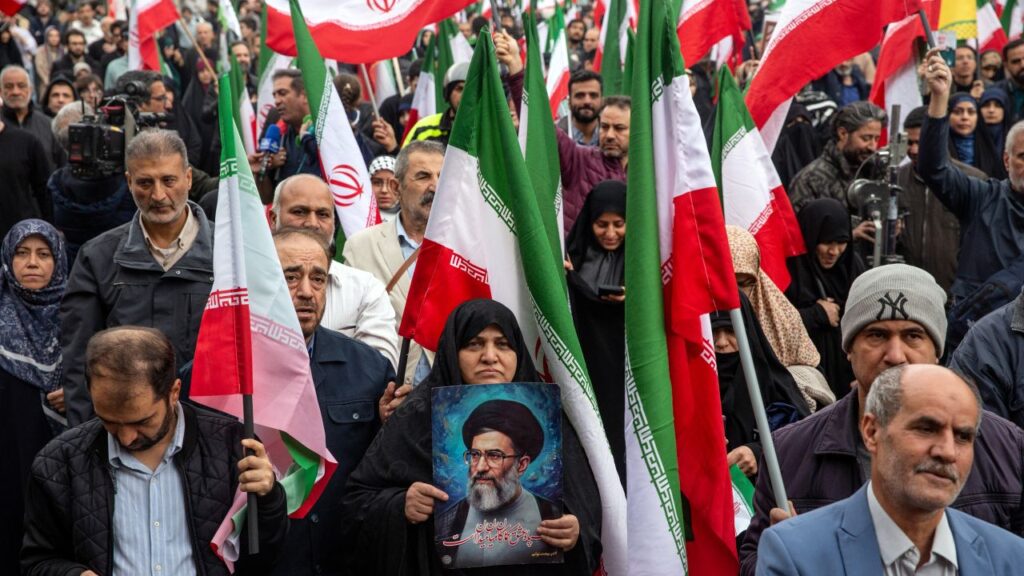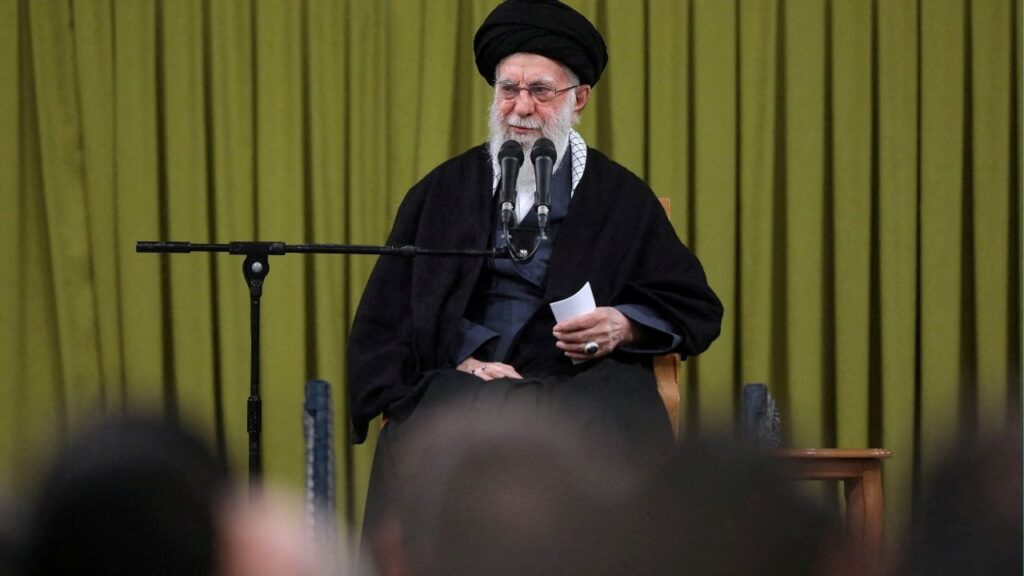Share
Dozens of countries and international organizations threw their weight and more than 1 billion euros (dollars) in aid pledges behind an urgent new push Tuesday to keep Ukrainians powered, fed, warmed and moving as winter approaches.
An international donor conference in Paris quickly racked up substantial promises of financial and in-kind support, a defiant response to sustained Russian aerial bombardment of critical infrastructure that has plunged millions of Ukrainian civilians into deepening cold and dark.
Ukraine’s president made an impassioned argument that such aid could pressure Russia into pursuing peace, and conference donors strongly condemned the Kremlin’s savaging of power stations, water facilities and other essential services in Ukraine.
French President Emmanuel Macron, the conference host, denounced the bombardments as war crimes, asserting that Moscow had resorted to pounding civilian infrastructure because its troops suffered setbacks on the battlefields and Russia’s “military weaknesses have been exposed to all.”
Russia “has chosen a cynical strategy, aiming to destroy civilian infrastructure in order to put Ukraine on its knees,” Macron said. “The objective is clear: Respond to military defeats by spreading terror among civilians, try to break the back as it can’t maintain the front.”
As temperatures plunge and snow falls, Ukraine’s needs are huge and pressing. Since Russia began hitting the Ukrainian power grid and other critical infrastructure in early October, successive waves of cruise missiles and exploding drones have destroyed about half of Ukraine’s energy infrastructure, the Kyiv government has said.
Ukraine’s prime minister has alleged Russia is trying to pressure Europe by creating a mass exodus of Ukrainian refugees like the one early in the war. Russia says its military aim in destroying infrastructure is weakening Ukraine’s ability to defend itself and disrupting flows of Western weapons to the country it attacked in February.
The full-scale invasion has left many tens of thousands of people dead or injured and forced an estimated 6.5 million Ukrainians from their homes.
Ukrainian President Volodymyr Zelenskky, who addressed the Paris conference by video, said some 12 million Ukrainians — roughly one-quarter of the country’s pre-invasion population — are living with power outages.
Zelenskyy argued that a concerted international effort to keep Ukraine’s utility systems working could help dissuade Moscow from further attacks and potentially force it to the negotiating table, as well as prevent more Ukrainians from fleeing.
The Kremlin showed no signs of backing down. Spokesman Dmitry Peskov on Tuesday rejected an appeal Zelenskyy made the day before for Russia to start a pullback from Ukraine at Christmas, saying “there can’t be any talk about it” until the Kyiv government recognizes the Kremlin’s territorial claims.
“Without taking those realities into account, any movement forward is impossible,” Peskov said.
Zelenskyy said Ukraine needs electric generators as urgently as armored vehicles and armored vests for its troops.
Donors offered an array of help — from light bulbs, generators and power transformers to assistance with food, water, health, transport and rebuilding. France’s Foreign Ministry said 1.05 billion euros — the equivalent of $1.1 billion — in financial and in-kind aid was pledged, all of it expected to reach Ukraine over the toughest winter months.
Without reliable power and other essential services, life for many is becoming a battle for survival.
“We need everything,” said Yevhen Kaplin, who heads Proliska, a Ukrainian humanitarian group providing cooking stoves, blankets and other aid.
With “the shelling, the missiles strikes and strikes on the infrastructure, we can’t say whether there will be gas tomorrow. We can’t predict whether to buy gas stoves,” he said. “Every day the picture changes.”
Ukrainians offered a glimpse into their winter hardships on Tuesday. Although Russian troops retreated from the Kyiv region months ago, many people still cannot return home because of Russian missile damage.
“We live like homeless here,” Hanna Reznikova, 63, said as she stood in Borodyanka, a town northwest of the capital where the Russian invasion turned apartment buildings into charred, bombed-out hulks.
Wrapped in a thin black coat, she said the temperature inside her building was the same as outside. The room where she lives with her partner is almost always cold due to rolling blackouts and no gas. To keep the room warm, Reznikova uses a blanket to cover the entrance. For light, she keeps a candle near the bed.
“It’s difficult and sad. But what can we do? This is how we will survive,” she said.
The Paris meeting meant to ease such hardships was attended by 46 countries and 24 international organizations. The participants agree to set up a system to coordinate future international aid so donors don’t double-up when fulfilling specific requests.
In other Ukraine war developments Tuesday:
- Fighting that caused casualties and damage raged in the eastern city of Kupiansk, northeastern Ukraine’s Sumy region, towns neighboring the Zaporizhzhia Nuclear Power Plant and the Kherson region in southern Ukraine. The governor of the Luhansk region, north of Donetsk, said the Ukrainian army was edging closer to a key Russian defense line between the towns of Kreminna and Svatove.
- Private electricity provider DTEK reported restoring power to close to 80,000 households in eastern Ukraine over the past week. Oleksandr Fomenko, the head of DTEK Grids, said workers have restored electricity to some homes at least five times due to recurring Russian strikes. Ukrainian state power company Ukrenergo said strong winds, frost, snow and ice on power lines were hampering repairs.
- A senior U.S. military official said the U.S. believes Russia’s stocks of new or “fully serviceable” artillery rocket ammunition will last until “early 2023.” The official, who spoke to Pentagon reporters on condition of anonymity to discuss ongoing operations in Ukraine, said Russia was turning to the use of degraded ammunition, which is more unpredictable and risky. The official said the Russian military will likely struggle to replenish its stocks by increasing domestic production, buying more from foreign suppliers and refurbishing older ammunition.
- Belarus began an unscheduled “emergency check” of its army’s combat readiness, the country’s Defense Ministry said. The announcement has raised fears that Minsk, Moscow’s longtime and dependent ally, might get dragged directly into the war in neighboring Ukraine. The Belarusian monitoring group Belaruskyi Hayun claims Russian troops inside Belarus have been moving equipment closer to the Ukrainian border.
- Britain imposed travel bans and asset freezes on 12 more Russian senior military figures it links to the infrastructure attacks in Ukraine. They include commanders of the strategic missile and airborne forces, and other officials in charge of missile and drone units. The Foreign Office also announced restrictions on three Iranians and a company allegedly involved in supplying explosive drones to Russia.
___
Varenytsia reported from Kyiv, Ukraine, and Leicester from Le Pecq, France. Jamey Keaten in Kyiv, Yuras Karmanau in Tallinn, Estonia, Joanna Kozlowska in London, Hanna Arhirova in Kyiv and Lolita Baldor in Washington contributed.
Categories
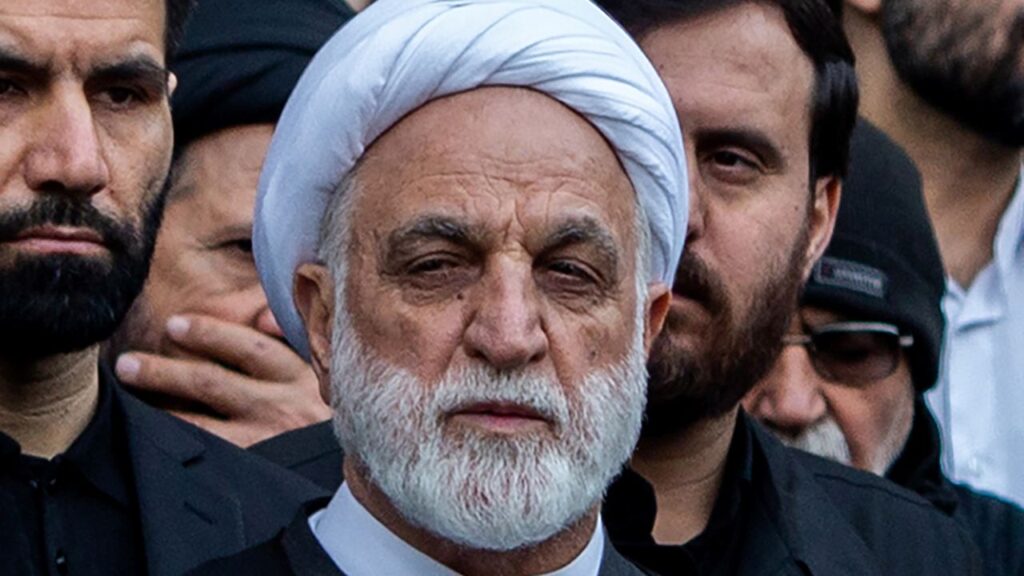
Who Could Take Over for Ayatollah Ali Khamenei?
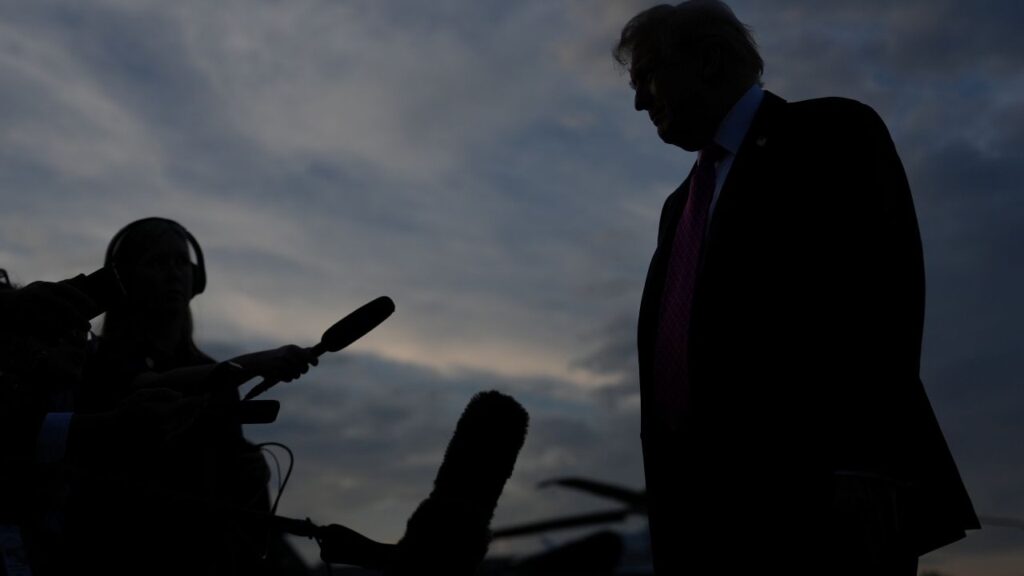
Why Have You Started This War, Mr. President?
